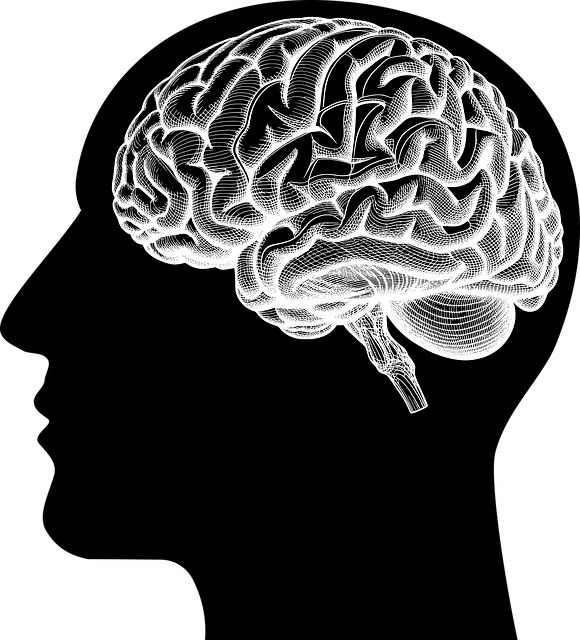In today's fast-paced world, mental wellness is a paramount concern, leading to a surge in demand for effective support systems, particularly Lakewood Relationship Issues Therapy (LRIT). With stress-related disorders on the rise, LRIT coaches offer personalized guidance and evidence-based techniques beyond traditional therapy. These coaches empower clients to navigate relationship issues, build resilience, increase self-awareness, and adopt healthier coping mechanisms through tailored strategies like active listening, empathy, goal setting, and positive thinking. Regular assessments, client feedback, and cultural competency training ensure the success of these programs, fostering improved mental wellness and more fulfilling lives for participants.
In today’s fast-paced world, mental wellness is a paramount concern. This article explores the developing role of coaching programs, focusing on Lakewood Relationship Issues Therapy, as a powerful tool for enhancing mental health. We delve into understanding the growing need, designing effective coaches, and measuring success in this emerging field. By examining these key components, we aim to illuminate how tailored coaching can foster positive change and improve overall well-being.
- Understanding the Need for Mental Wellness Coaching Programs
- Designing Effective Lakewood Relationship Issues Therapy Coaches
- Implementing and Measuring Success in Mental Health Coaching
Understanding the Need for Mental Wellness Coaching Programs

In today’s fast-paced world, mental wellness is an increasingly important aspect of overall health and well-being. The demand for effective support systems has never been higher, leading to a growing recognition of the value that mental wellness coaching programs bring. These initiatives are especially crucial in communities like Lakewood where relationship issues therapy can play a pivotal role in addressing emotional challenges.
The need for such programs is evident in the rising prevalence of stress-related disorders and the impact they have on individuals’ daily lives. Effective coaching goes beyond traditional therapy by offering personalized guidance, focusing on stress reduction methods and mood management techniques. By engaging in emotional healing processes, coaches help clients develop resilience, enhance self-awareness, and cultivate healthier coping strategies. This proactive approach is particularly beneficial for those seeking to overcome relationship issues and improve their overall mental wellness.
Designing Effective Lakewood Relationship Issues Therapy Coaches

Effective Lakewood Relationship Issues Therapy coaches are designed to help individuals navigate and resolve complex interpersonal challenges, fostering improved mental wellness. These coaches employ tailored strategies that address specific issues like communication breakdowns, conflict resolution, and emotional regulation. Through active listening, empathy, and evidence-based techniques, they create a safe space for clients to explore their feelings, gain insights into their behaviors, and develop new coping mechanisms.
The process involves setting clear goals, teaching valuable skills, and promoting positive thinking. Coaches encourage self-esteem improvement by helping individuals challenge negative thought patterns, build resilience, and cultivate healthier relationships. By integrating these strategies, Lakewood Relationship Issues Therapy coaches contribute to the overall development of mental wellness coaching programs, empowering clients to lead more fulfilling lives.
Implementing and Measuring Success in Mental Health Coaching

Implementing successful mental health coaching programs requires a multi-faceted approach. It starts with defining clear objectives and outcomes tailored to individual client needs, especially in addressing specific issues like Lakewood Relationship Issues Therapy. Coaches should employ evidence-based techniques and Self-Awareness Exercises to empower clients with coping mechanisms and skills for personal growth. Regular assessments and feedback loops are essential to tracking progress and making necessary adjustments.
Measuring success goes beyond numerical metrics; it involves qualitative evaluations. Client satisfaction surveys, case studies, and personal narratives can provide valuable insights into the impact of coaching. Moreover, integrating Healthcare Provider Cultural Competency Training ensures that coaches understand diverse client backgrounds, fostering inclusive and effective support. Through continuous evaluation and adaptation, mental wellness coaching programs can achieve tangible outcomes, enhancing overall well-being for participants.
The development of mental wellness coaching programs, particularly focusing on Lakewood Relationship Issues Therapy, is a pivotal step towards addressing the growing need for accessible and personalized mental health support. By combining therapeutic techniques with coaching methodologies, these programs offer individuals a unique opportunity to navigate and overcome personal challenges. Through effective designing, implementing, and measuring success, as outlined in this article, coaches can foster meaningful change and enhance clients’ overall well-being. This approach ensures that individuals receive the guidance they need to thrive in their personal and professional lives.












